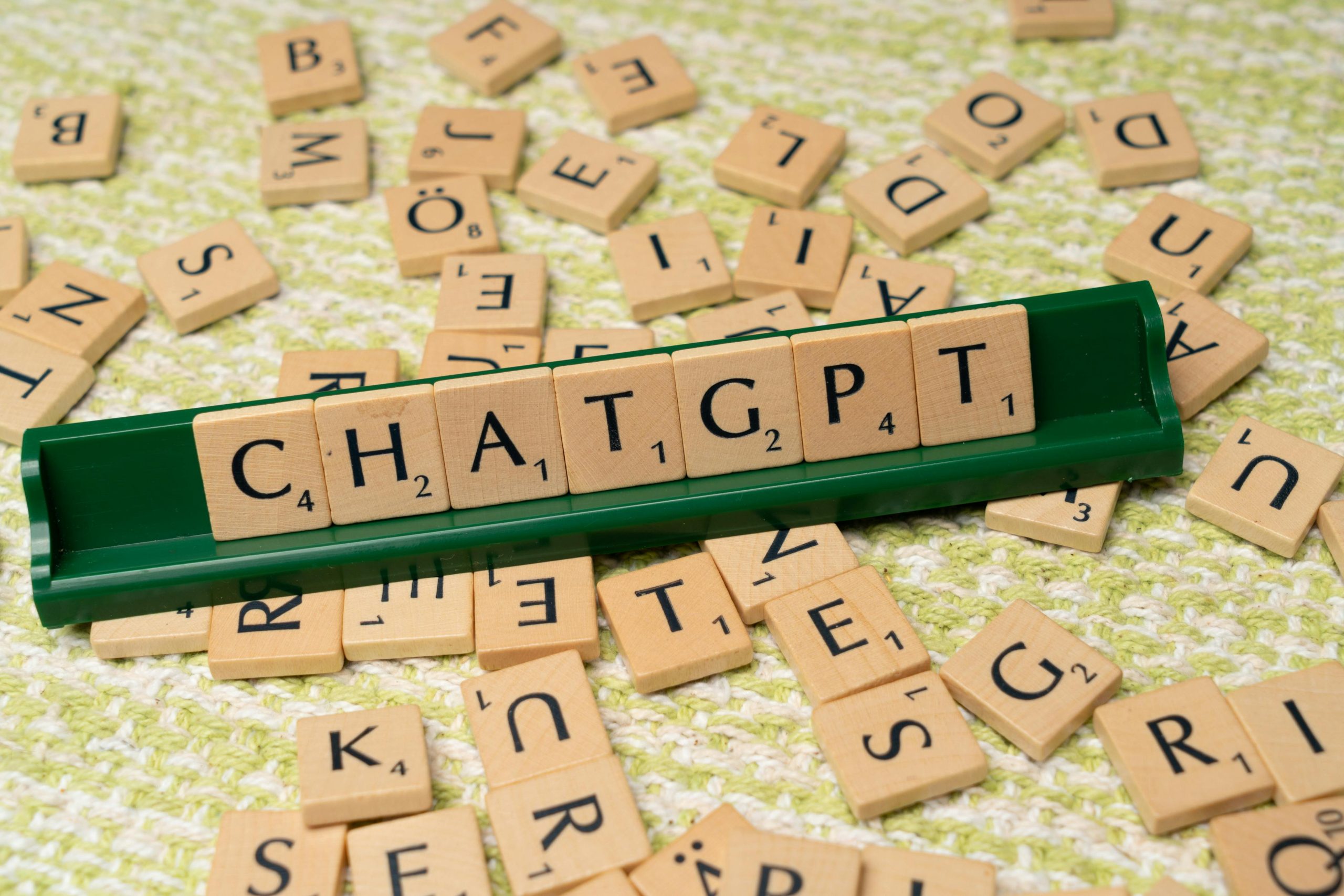How AI and Wikipedia have sent vulnerable languages into a doom spiral
The Convergence of AI and Wikipedia: A Threat to Endangered Languages
Wikipedia stands as one of the most ambitious multilingual information platforms in history, second only to the Bible in scope. With editions available in over 340 languages and ongoing efforts to develop content in an additional 400 lesser-known languages, Wikipedia strives to serve as a global repository of knowledge. However, recent developments in artificial intelligence and machine translation pose significant challenges to the preservation and accurate representation of vulnerable languages on this platform.
The Rise of Automated Content and Its Implications
In recent years, the proliferation of accessible machine translation tools—from Google Translate to advanced models like ChatGPT—has radically transformed how content is generated and consumed online. These tools learn to “speak” new languages by analyzing vast quantities of text data sourced from the internet. Wikipedia, paradoxically, has become a primary reservoir of linguistic data for many underrepresented languages. Consequently, the quality of Wikipedia pages in these languages directly influences AI models’ understanding and translation accuracy.
A Growing Concern: The Pollution of Language Data
This dynamic creates a complex, potentially destructive feedback loop. When Wikipedia pages in endangered languages contain errors—often amplified through automatic translation—they become faulty training data for AI systems. These models, trained to learn from the available content, may then produce increasingly inaccurate translations. As these flawed translations feed back into Wikipedia and other online sources, the quality of data deteriorates further, exacerbating the problem.
The “Garbage In, Garbage Out” Phenomenon
At the heart of this issue lies a simple principle: “Garbage in, garbage out.” When AI models are trained on low-quality, error-ridden data, their outputs reflect those inaccuracies, leading to a spiral of misinformation and misinterpretation. For language preservation efforts, this means that the very tools designed to facilitate communication and documentation could inadvertently accelerate the decline of already vulnerable languages.
The Future Outlook: Risks of Language Extinction
This confluence of AI development and the multilingual scope of Wikipedia raises serious concerns among linguists and digital cultural preservationists. If this trend continues unchecked, it may result in the erosion or complete loss of some languages, as AI-generated errors diminish the reliability of online linguistic resources. Ensuring the survival of these languages requires concerted efforts to improve data quality, incorporate native speaker input, and develop more robust translation models.
Conclusion
As technology advances, it is crucial to recognize and address its unintended consequences. The collaboration between AI developers, linguists, and digital content














Post Comment